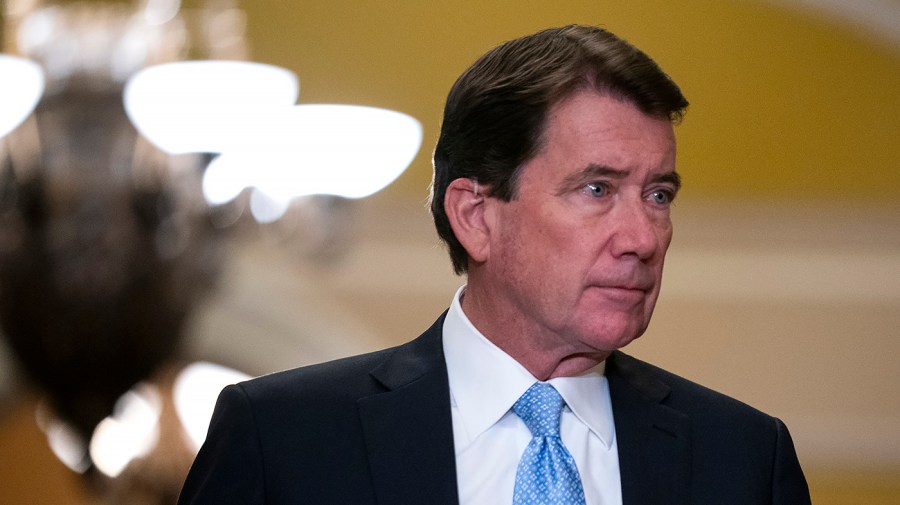Republican Senator and CBS Host Spar Over U.S. Foreign Aid
On a recent episode of CBS’s “Face the Nation,” Republican Senator Bill Hagerty of Tennessee and host Margaret Brennan engaged in a heated debate over U.S. foreign aid funding, particularly concerning support for Ukraine and Israel. This exchange highlights ongoing tensions within the Republican party and broader debates about America’s role on the global stage.
Key Points of Contention
Ukraine Aid: Senator Hagerty argued against continued funding for Ukraine, stating he has “opposed every cent of this Ukraine aid.” He cited concerns about prioritizing domestic issues over foreign conflicts.
Israel Support: The discussion touched on recent conversations between former President Trump and Israeli Prime Minister Netanyahu, though details were limited.
Humanitarian Concerns: Brennan pressed Hagerty on potential humanitarian law violations by Israel in Gaza, to which the senator deflected by criticizing the current administration’s policies.
Background and Context
This debate occurs against the backdrop of shifting Republican party dynamics following Donald Trump’s recent electoral victory. The GOP appears to be moving towards a more isolationist foreign policy stance, in line with Trump’s “America First” ideology.
Differing Perspectives
Republican View: Many Republicans, like Hagerty, argue for reduced foreign aid and greater focus on domestic issues.
Democratic Response: Democrats generally support continued aid to Ukraine and maintaining strong international alliances.
International Reaction: U.S. allies are closely watching these debates, concerned about potential shifts in American foreign policy.
Potential Impacts
1. Global Alliances: Reduced U.S. support could weaken NATO and other international partnerships.
2. Humanitarian Concerns: Cuts to foreign aid may exacerbate crises in conflict zones like Gaza and Ukraine.
3. Domestic Politics: This issue could become a key point of contention in upcoming elections.
Why It Matters
This debate reflects broader questions about America’s role in the world and how to balance domestic and international priorities. The outcome could significantly impact global geopolitics and humanitarian efforts worldwide. As the political landscape continues to evolve, it’s crucial for voters to stay informed about these complex issues and their potential ramifications.









